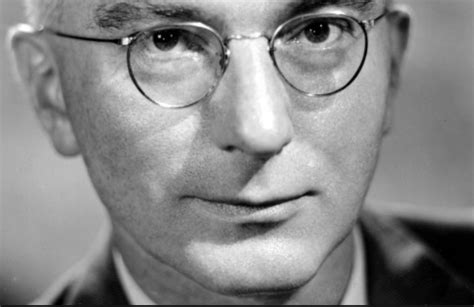A Quote by Adyashanti
True sincerity reveals a powerful form of clarity and discernment that is necessary in order to perceive yourself honestly without flinching or being held captive by your conditioned mind's judgments and defensiveness.
Related Quotes
One of the most subtle burdens God ever puts on us as saints is this burden of discernment concerning other souls. He reveals things in order that we may take the burden of these souls before Him and form the mind of Christ about them. It is not that we bring God into touch with our minds, but that we rouse ourselves until God is able to convey His mind to us about the one for whom we intercede.
But true individuality is more about being in tune with who you truly are, whether you're expressing yourself physically, mentally, or spiritually; individuality arises from living without fear of what other might think or say about you and without being swayed by their opinions, leaving you free to lead life without caring about judgments made by the outside world.
Philosophy springs from the love of being; it is man's loving endeavor to perceive the order of being and attune himself to it. Gnosis desires dominion over being; in order to seize control of being the Gnostic constructs his system. The building of systems is a gnostic form of reasoning, not a philosophical one.
Any judgment is past oriented, and existence is always herenow, life is always herenow. All judgments are coming from your past experiences, your education, your religion, your parents - which may be dead, but their judgments are being carried by your mind and they will be given as a heritage to your children. Generation after generation, every disease is being transferred as a heritage. Only a non-judgmental mind has intelligence, because it is spontaneously responding to reality.
Whatever happens, whatever you experience, feel, think, do - it's always now. It's all there is. And if you continuously miss the now - resist it, dislike it, try to get away from it, reduce it to a means to an end, then you miss the essence of your life, and you are stuck in a dream world of images, concepts, labels, interpretations, judgments - the conditioned content of your mind that you take to be yourself.
I am so tired of criticalness being called discernment. Do you want to know true discernment? Paul said "That your love may abound in all discernment." When you are willing to die for somebody that is when you are actually discerning them. Jesus could call the Pharisees hypocrites and snakes because he went to the cross and died for them. So the next time you are quote "discerning" about somebody ask yourselves the question could you die for them? If you can`t say yes, you're critical because the love of God is to lay down your life for them, and discernment is rooted only in love. Got it?
If one asks the whence derives the authority of fundamental ends, since they cannot be stated and justified merely by reason, one can only answer: they exist in a healthy society as powerful traditions, which act upon the conduct and aspirations and judgments of the individuals; they are there, that is, as something living, without its being necessary to find justification for their existence.
The classification of facts and the formation of absolute judgments upon the basis of this classification-judgments independent of the idiosyncrasies of the individual mind-essentially sum up the aim and method of modern science. The scientific man has above all things to strive at self-elimination in his judgments, to provide an argument which is as true for each individual mind as for his own.
Everyone thinks that courage is about facing death without flinching. But almost anyone can do that. Almost anyone can hold their breath and not scream for as long as it takes to die. True courage is about facing life without flinching. I don't mean the times when the right path is hard, but glorious at the end. I'm talking about enduring the boredom, the messiness, and the inconvenience of doing what is right. ~Amber






































